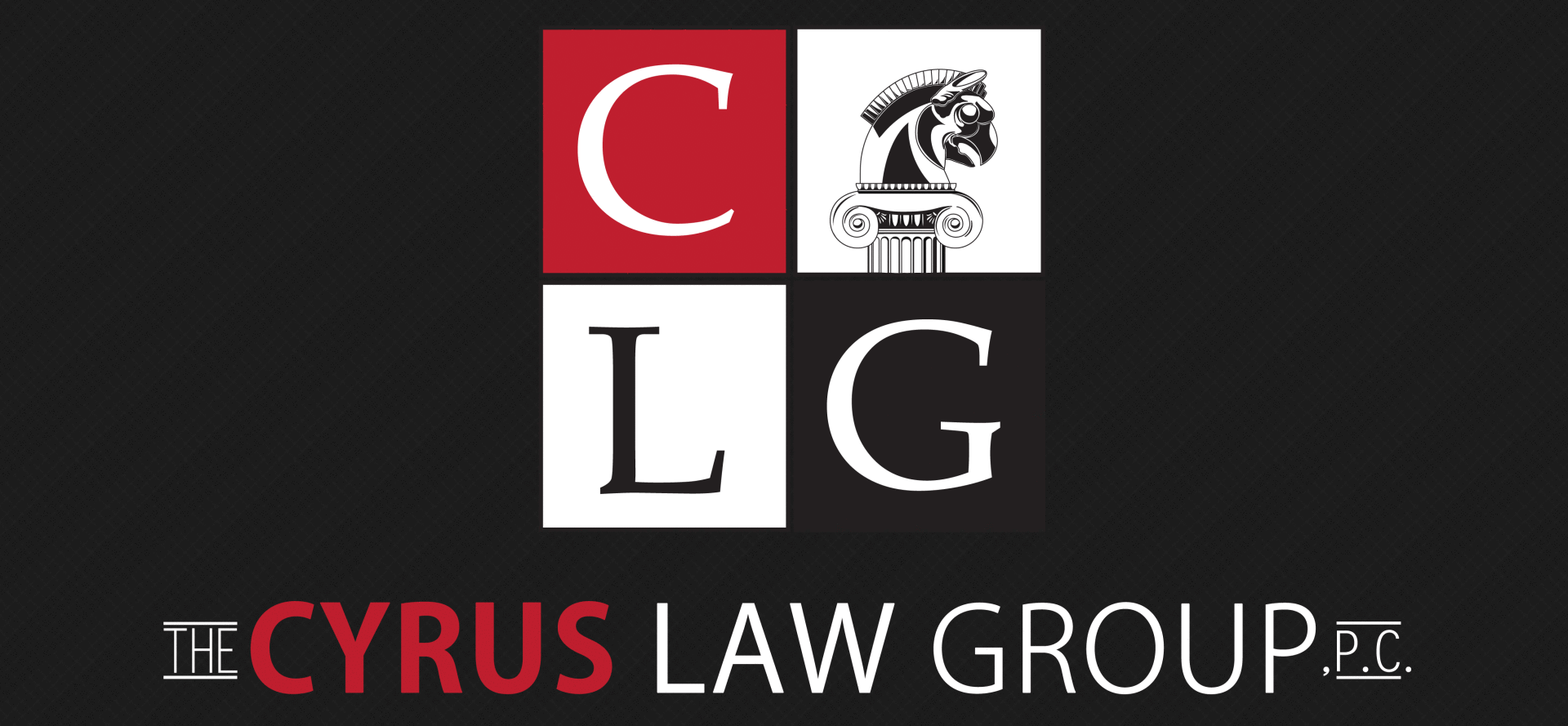Last month a Florida jury awarded former wrestler Hulk Hogan $ 115 million in damages in an invasion of privacy suit against Gawker Media. The case was about exposure of a sex tape and now the media is asking what this verdict means for the culture.
Is it a sign that the Internet’s wild west days are over and that the standards of online journalism will be raised? Does it show that social media has taught everyone, even those of whose actions would normally go unreported, the importance of privacy? Gawker is going to appeal, so the case is not quite over. But the web is changing our expectations from reporters, celebrities, and one another, so let’s look at privacy law.
What Is an Invasion of Privacy?
Invasion of privacy is a cause of action in torts; it’s a claim that the plaintiff has been wronged or injured by the negligent or deliberate act of another. There are different types of invasion of privacy. The most common causes of action are as follows:
- Appropriation of name or likeness
- Intrusion upon seclusion
- False light
- Public disclosure of private facts
State tort laws vary and the specifics of each claim will differ from one place to another, but generally speaking, proving an invasion of privacy is more difficult for celebrities because they put themselves in the public eye. Still, as the Hulk Hogan case showed, the public — and the law — recognize limits on exposure of private facts even for those who make their private lives a public matter.
Gawking Is Gauche?
Gawker tried to argue that Hulk Hogan spoke extensively about his sex life, thus making it a matter of interest to the public and fair game. The Florida jury did not agree and believed the former wrestler testified that he did not know he was being filmed having sex with his ex-best friend’s wife. By publishing the video, Gawker exposed information that was not necessary to the public in any way, Hogan argued.
The jury bought it. But Gawker’s lawyers have pointed out that what might be considered rude reporting is the work of journalists. They point to Bill Cosby’s alleged sexual offenses and the work of the media in exposing what seems to be extensive criminality. The jury is still out on whether the public at large will agree with that claim or whether the Florida verdict is a sign that gawking is indeed increasingly seen as gauche.
Follow FindLaw for Consumers on Facebook and Twitter (@FindLawConsumer).
Related Resources:
- Bubba the Love Sponge Liable for Hulk Hogan Sex Tape? (FindLaw’s Celebrity Justice)
- Hulk Hogan, Bubba the Love Sponge Settle Sex-Tape Case (FindLaw’s Celebrity Justice)
- Hulk Hogan Sues Spine Clinic for Alleged Malpractice (FindLaw’s Celebrity Justice)
- Hulk Hogan Sues Ex-Wife for Defamation Over Brutus Beefcake Claims (FindLaw’s Celebrity Justice)
